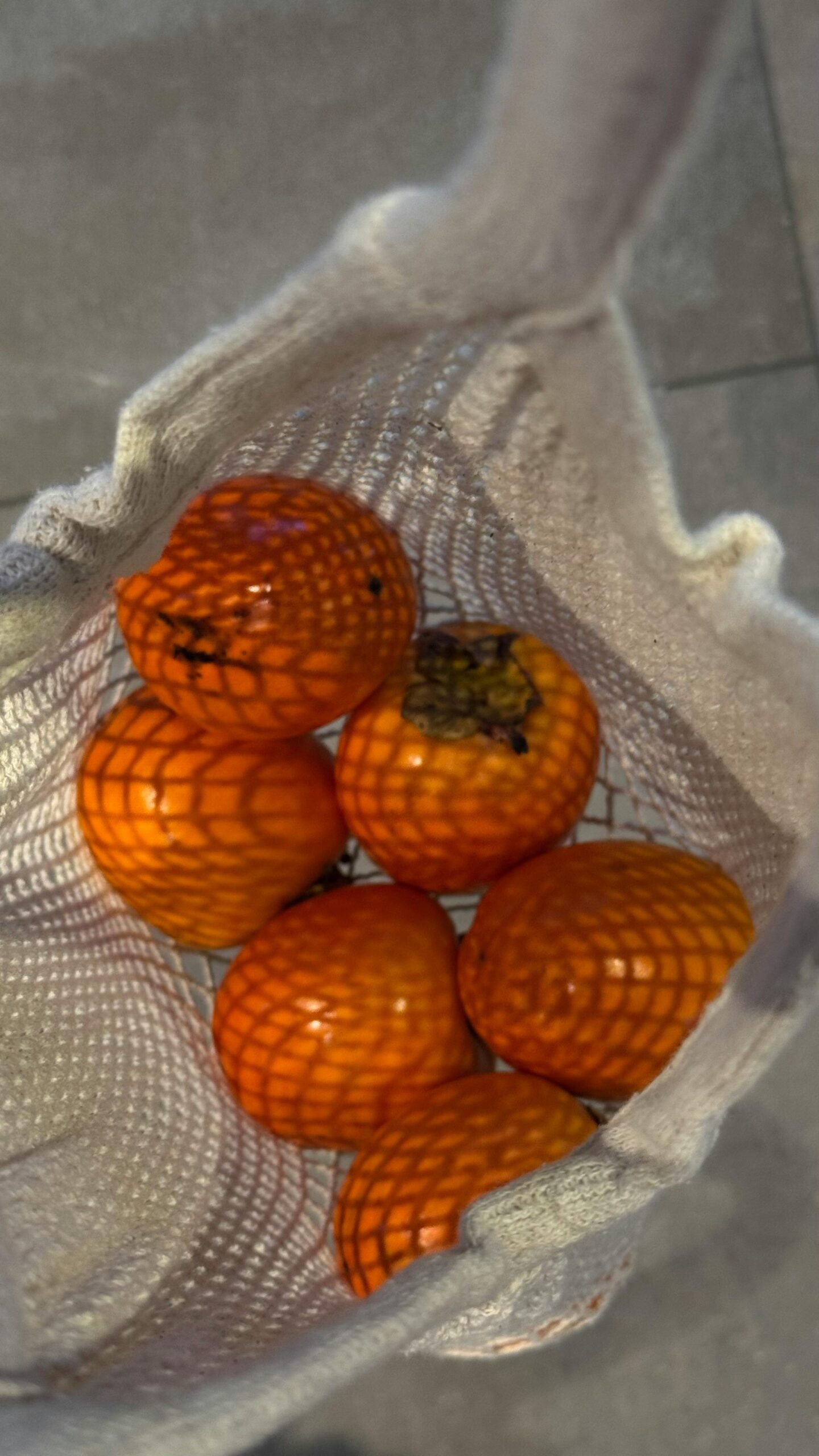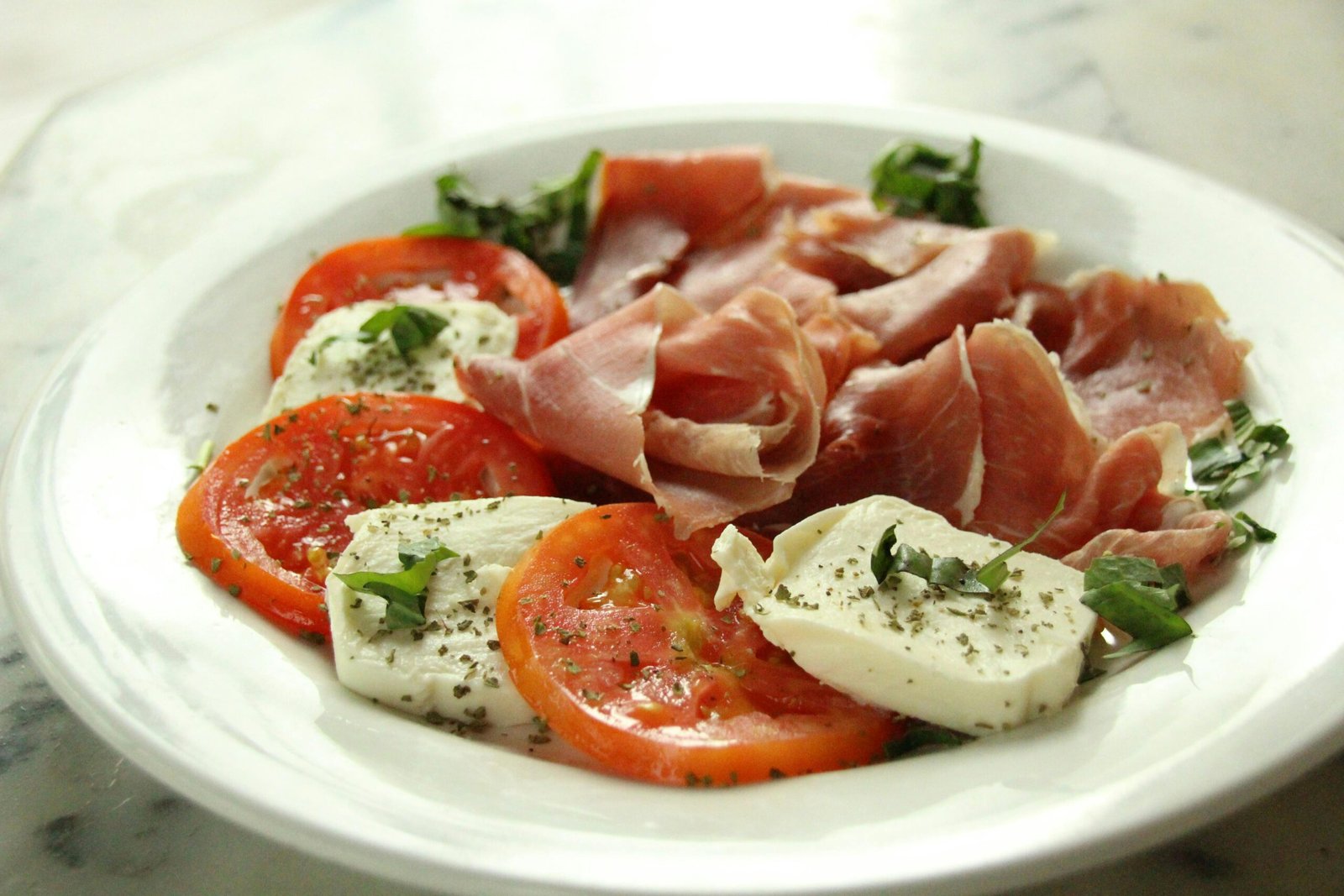
Can I eat processed foods on a Mediterranean diet? That’s a question that might have crossed your mind as you try to navigate the balance between convenience and healthy eating. The Mediterranean diet, renowned for its heart-healthy benefits and delightful flavors, emphasizes whole and fresh foods. But what role do processed foods play? Let’s explore how this culinary lifestyle can accommodate the realities of a modern diet while keeping your plates vibrant and delicious.
Understanding the Mediterranean Diet
The Mediterranean diet is inspired by the traditional dietary patterns of countries bordering the Mediterranean Sea, such as Greece, Italy, and Spain. It focuses on whole grains, fruits, vegetables, lean proteins, nuts, and healthy fats. The balance of nutrients, along with the moderate consumption of dairy, poultry, and red wine, defines this lifestyle. At its core, it’s all about savoring food in a way that promotes health and long life.
Key Components of the Mediterranean Diet
You might wonder what’s included in this diet. Here are the essential components that make up the Mediterranean way of eating:
- Fruits and Vegetables: Abundant servings that fill your plate with color and nutrients.
- Whole Grains: Foods like pasta, whole wheat bread, and brown rice are staples.
- Healthy Fats: Olive oil is a primary source, providing monounsaturated fat.
- Lean Proteins: Fish and seafood are prominently featured, while red meat is occasional.
- Nuts and Seeds: A handful each day contributes to a nutrient-rich diet.
- Herbs and Spices: These add flavor, reducing the need for salt.
- Moderate Dairy: Mostly in the form of cheese and yogurt.
- Limited Sweets and Red Meat: These are consumed infrequently.
Defining Processed Foods
Before determining how processed foods fit into the Mediterranean diet, it’s essential to understand what qualifies as processed food. Processing ranges from minimal, like washed or peeled, to extensive, such as freezing, canning, or adding preservatives and flavors.
Levels of Food Processing
The extent of processing can vary:
1. Minimally Processed:
These foods are closest to their natural state, like bagged spinach or freshly made bread.
2. Processed for Preservation:
Methods used include canning and freezing; consider canned tomatoes or frozen fruits.
3. Prepared Ready-to-Eat:
Items include snacks, pre-cooked dishes, and convenience foods, like packaged rice mixes.
4. Heavily Processed:
Foods often contain added sugars, unhealthy fats, and salts, like sugary cereals and instant noodles.

Comparing Processed and Whole Foods
When you’re faced with an aisle full of options, the choice between processed and whole foods can be daunting. However, understanding the health impacts of each can guide your selections, aligning them with Mediterranean diet principles.
Health Impacts of Processed Foods
- Reduced Nutritional Value: Processing can strip foods of essential nutrients.
- Additives and Preservatives: Often included to extend shelf life but may not be beneficial.
- Higher in Salt and Sugars: Contributing to potential health issues like hypertension and diabetes.
- Increased Caloric Density: Can lead to weight gain if consumed in excess.
Benefits of Whole Foods
On the other hand, whole foods:
- Maintain Nutritional Integrity: Rich in essential vitamins, minerals, and fiber.
- Natural Flavors and Textures: Less masked by additives, retaining their original qualities.
- Enhance Satiety: Support weight management by making you feel fuller for longer.
Incorporating Processed Foods in a Mediterranean Diet
It’s important to realize that life isn’t always about perfection. The Mediterranean diet is adaptable and doesn’t mean you have to eliminate processed foods entirely. Instead, aim to choose wisely and incorporate them into the Mediterranean lifestyle sensibly.
Strategies for Smart Choices
Here’s how you can introduce processed foods into your diet without compromising its health benefits:
-
Check the Ingredients List: Aim for products with minimal and recognizable ingredients.
-
Opt for Lightly Processed Items: Choose products like canned beans or frozen vegetables, which maintain nutritional value.
-
Enjoy in Moderation: Even less healthy options can be included occasionally, balancing them with whole foods.
-
Portion Control: Be mindful of serving sizes to avoid excessive intake of unhealthy components.
Examples of Acceptable Processed Foods
Below is a useful table showcasing some processed foods that can fit within the Mediterranean diet framework, along with tips to enhance their nutrient value:
| Type of Processed Food | Why It’s Acceptable | Tips for Use |
|---|---|---|
| Canned Tomatoes | Rich in lycopene | Choose low-sodium versions, and pair with herbs. |
| Frozen Vegetables | Retain most nutrients | Great for quick stir-fries and soups. |
| Whole Grain Bread | Provides fiber | Look for whole grains as the first ingredient. |
| Greek Yogurt | Protein-rich option | Select plain varieties and add fruit or nuts. |

Striking a Balance
The journey to balance involves embracing flexibility and understanding that moderation is key. By being mindful of your choices, you can enjoy the convenience of processed foods without detracting from the essence of the Mediterranean diet.
A Balanced Example Day
Here is a balanced example of how your meals might look when incorporating some processed foods:
Breakfast: Whole grain toast with avocado, a boiled egg, and a small bowl of Greek yogurt topped with fresh berries.
Lunch: A salad with canned chickpeas, mixed greens, cherry tomatoes, cucumbers, olives, and a sprinkle of feta cheese, drizzled with olive oil and lemon juice.
Dinner: Grilled salmon, frozen vegetables roasted with herbs, and a quinoa salad with fresh parsley, tomatoes, and a light vinaigrette.
Snacks: A handful of almonds and a piece of seasonal fruit.
The Cultural and Social Aspects of the Mediterranean Diet
Beyond food, the Mediterranean diet emphasizes social pleasures: enjoying meals with family and friends, engaging in regular physical activity, and savoring the process of cooking. These cultural elements contribute to the overall well-being that the diet promotes.
Embracing Social Eating
There’s a significant focus on the communal nature of meals in Mediterranean cultures. Sharing food opens up connections and brings enjoyment, reducing the temptation to over-rely on processed snacks and meals.
Incorporating Physical Activity
Alongside dietary aspects, incorporating physical activity into daily routines is also part of this lifestyle. These activities don’t need to be strenuous, but regular movement can help balance the occasional consumption of processed foods.

Final Reflections
Understanding how processed foods can fit within a Mediterranean diet is about finding harmony between traditional wisdom and modern life. You have the power to make informed choices that reflect both convenience and health, ensuring that your meals remain both nourishing and satisfying.
Is it possible to incorporate the practicality of processed foods while maintaining a fresh and nutrient-rich diet? Absolutely. By prioritizing minimally processed options and balancing them with whole, unprocessed foods, you can enjoy a flexible and delightful way of eating that honors the Mediterranean diet‘s heart-healthy principles.


